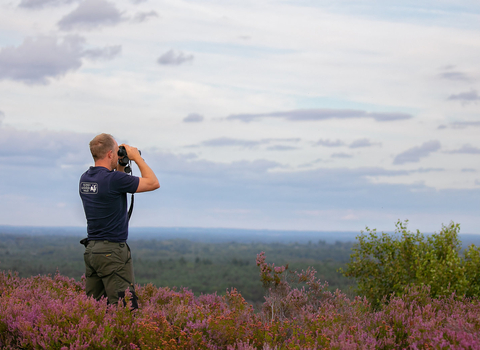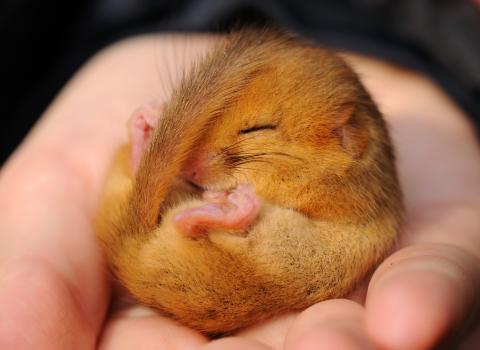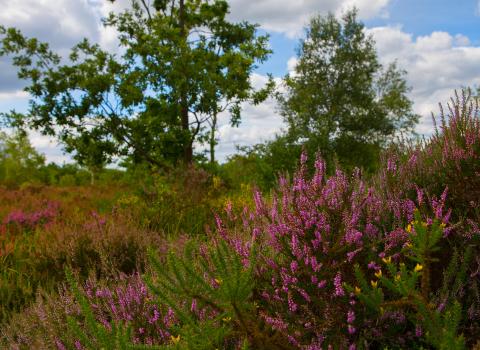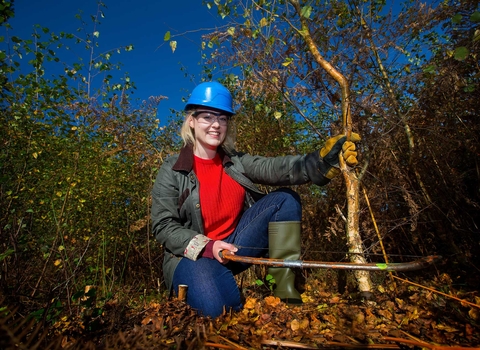Connecting Surrey's nature
Despite the hard work of conservation charities across the UK over the last 100 years, nature continues to decline at an alarming rate. In Surrey alone one third of species are now in serious decline, with many already lost.
The reserves we manage for wildlife are sanctuaries for many species and still play a significant role in protecting local wildlife. However these isolated sites alone are not enough to protect nature and maintain the health and resilience of our landscapes for the long term.
The only way to significantly reverse the decline of wildlife is to ensure that habitats are connected through a 'Nature Recovery Network' of joined-up spaces that are havens for wildlife. This means ensuring our towns, villages, businesses, farms, schools, homes, gardens and all the other elements that make up our living landscape are managed with nature in mind.
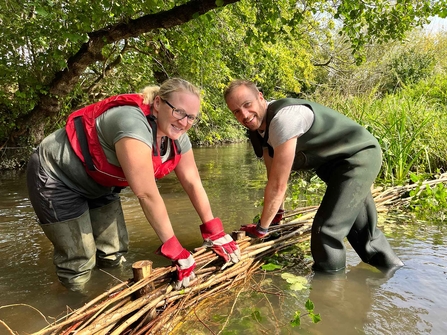
How will we achieve this?
Setting the standard
From vast heathland to ancient woodland and stunning chalk grassland meadows, the sites we manage for wildlife are some of the best examples of natural habitat in the county and show how the right management can create places for wildlife to thrive. They also act as a base from which species can spread across the county.
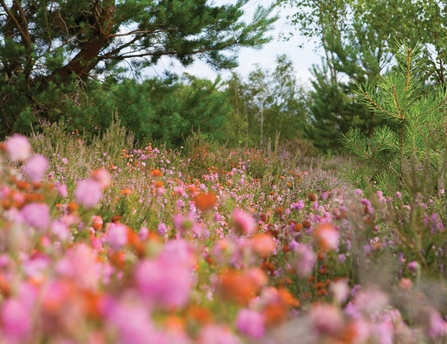
© Jon Hawkins
Working together
Although we have over 60 years experience in managing land for nature and inspiring people to care for wildlife, we are but one organisation. To create connected wildlife sites, we need as many people across the county working together for nature.
By engaging with public bodies such the MOD, councils and schools, as well as farmers, private land owners and local communities, we can advise and assist others in managing their local environment for nature and create a healthier, happier society that reaps the benefit of a closer connection to nature.
We also work with other Environmental NGOs and natural heritage organisations, including the 45 other UK wildlife Trusts and our parent organisation - The Royal Society of Wildlife Trusts.
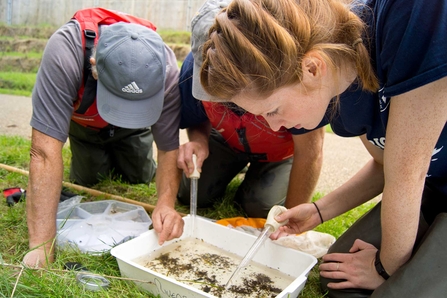
© Surrey Wildlife Trust
A scientific method
Science is at the heart of what we do. From identifying opportunities to maximise biodiversity through habitat mapping surveys, to producing comprehensive landscape management plans that deliver results for wildlife, we use only the best practices and science based evidence to make a difference for nature.
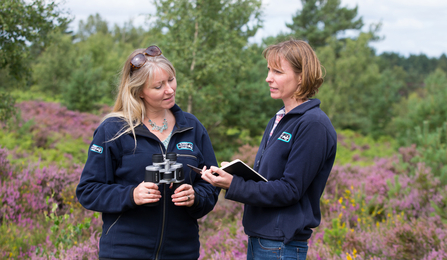
© Surrey Wildlife Trust
Targeted projects
As well as working across our 60-plus reserves and with landowners and communities right across the county, our work targets specific locations called Biodiversity Opportunity Areas.
By using scientific methods we can identify locations within these areas where projects will provide the maximum return for nature. This could mean organising volunteers to create and restore vital hedgerow highways, targeted conservation grazing to help maintain delicate habitats or developing solutions that bring economic value as well as restoring nature.
Advising others
Operating for over 20 years, our in-house ecology and planning consultancies provide expert ecological advice, specialist surveys, net gain expertise and planning guidance to a range of public and private organisations and individuals.
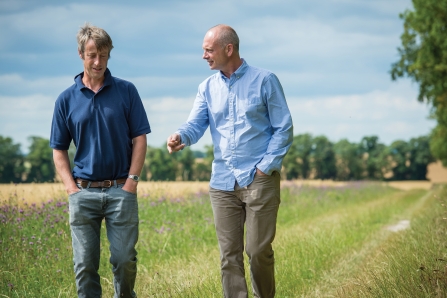
© Tom Marshall
Community engagement
We are teaming up with local community groups to support their efforts to restore and protect wildlife where they live. Any community group can help support our mission to connect nature across Surrey. With dedicated community officers and free resources, we are providing neighbourhoods with the skills they need to care for wildlife at home.
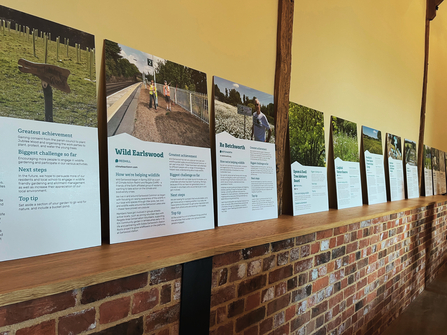
Effective campaigning
We are part of a federation of 46 local Wildlife Trusts on a mission to restore a third of the UK's land and seas for nature by 2030.
As a national movement with some 870,000 members, 32,000 volunteers and over 1,000,000 followers across social media platforms, we have the combined voice to influence policy on a national level with a proven track record of campaigning success.

© Callum Shaw
Environmental learning
We welcome schools to our private educational reserve at Nower Wood and have placed a renewed emphasis on outreach learning, visiting more schools, colleges and universities than ever to inspire the next generation to care for wildlife.
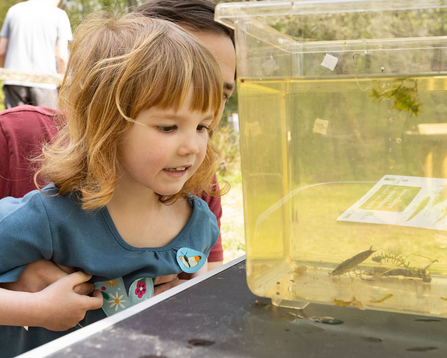
© Jon Hawkins - Surrey Hills Photography

